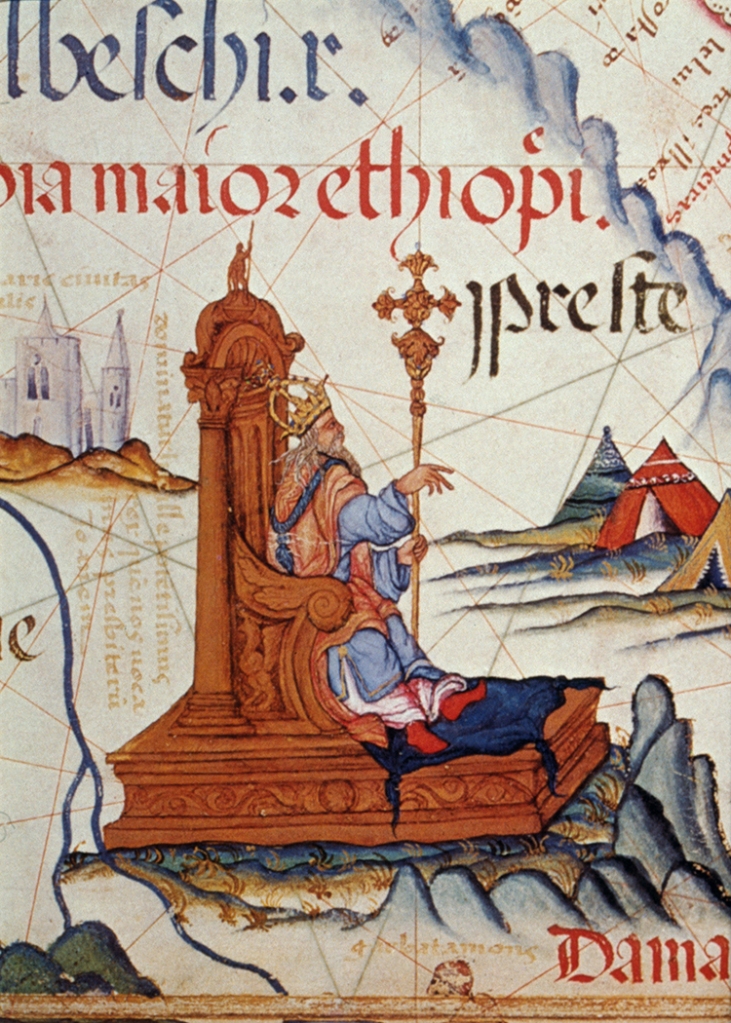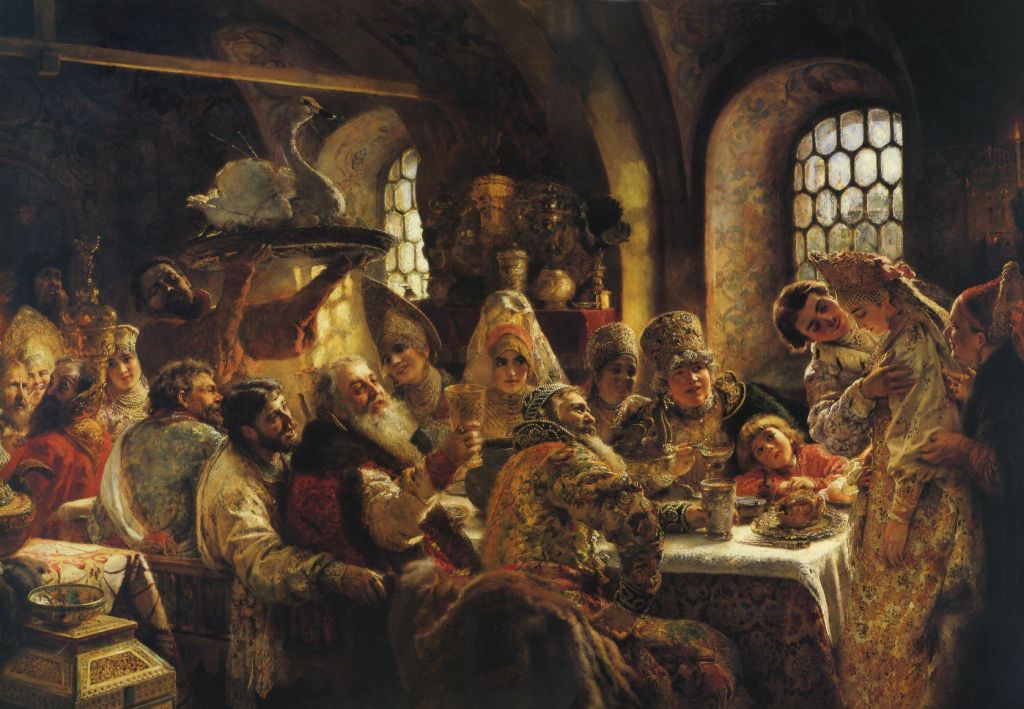Marsippius stood forth.
“I would speak,” he said clearly.
Many in the chamber murmured uncertainly but Jhönarlk stood suddenly upon the base of his throne and then stepped down from it and approached. Not far from the Commander he paused and spoke softly, but also clearly.
“Then I would hear you,” he said.
Marsippius turned abruptly and faced the chamber. His voice was tired and hoarse with war, and with his recent agonies, but clear and cold with resolution.
“Though I am not of your number, and a Man, I come to you with a warning.”
“What!?” shouted a voice among the Eldevens, after barely a pause, but it was not clear who had spoken or his real intent in speaking. For some among the Eldevens hated the men, and the Basilegate in particular. But some perhaps respected them, or were even secret allies. It was difficult to know, so cryptic and veiled were the motives of most Eldevens to most men.
Marsippius scanned the crowd curiously, hoping to spot the one that that had addressed him, but could not fix upon who had spoken, so he addressed them all.

“You know well that I am not one of you,” Marsippius said, and though he spoke with the stoicism of the soldier and his hands remained at his side and did not move, still the earnestness of his words was the only flourish he seemed to need. “Yet I still come from a Free People’s with a High Christian Duty,” and again many among them murmured, deeply suspicious of the man’s god, religion, and ideas about Magic and Miracle. “Thus I say this to you, as long as you all wait for someone else to begin, no one of you will dare. And even if one among you may dare,” and his eyes seemed to shift over his shoulder momentarily back towards the Samarl, “then all his efforts will also be in vain as long as no other join him. To all peoples who have ever lived, on this world, or any other, comes danger, comes hardship, comes risk, and comes war. The time between these things may be long, so that one generation forgets even the nature of what it means to be threatened, or short, so that every new generation rightfully wearies of what must be done, and sacrificed, but eventually all woes and risks return to all peoples. It is only a matter of time; great, or brief. Do not ask me why this is so, I am merely a soldier, not a priest, prophet, or philosopher, yet that is the nature of things. Whether any of you like it, or not. And even those who are not soldiers know this truth, though they are loathe to admit it aloud for lack of public courage. Which we Romans do not lack, and never have, though we lack many other things you have apparently well-mastered.”
The chamber fell silent and yet the hall was constructed in such a way that the echoes of Marsippius’ words ran thrice more around the room so that even those to the very rear of the hall heard them all clearly.
“Yet your mastery is not in dispute. Your courage and your Manhood, if such a term applies to you, and in one great sense I think it does and may even unite your people with mine, however, are indeed presently in dispute. You lack deeds of courage consummate with your mastery of other matters.”
Marsippius paused and openly surveyed the hall and those assembled before him with some obvious and unstated admiration. Even the hostile Eldevens noted it.
“Though what will it matter if all you have achieved is squandered now by shameful passivity? Brought low and ruined by your own inaction; in a day, a week, a month, a year? Disaster is upon you, you know this, and likely war, and you well know this too, and all of your almost countless achievements; your art, your music, your culture, your cities, your farms, your families, your very happiness and future are now to be wasted not by your lack of ability, but by your lack of purpose, will, and public courage? You are still a very formidable people, all with honest eyes can see this plainly, and I would gladly call you ally, and even friend, and I would gladly do whatever I can to defend and strengthen you, yet I cannot save you, and Fate cannot save you, and prophecy cannot save you, and even God will not save you if you make no real effort of any kind to save yourselves.”
The hall was still, as well as quiet, though it was obvious to all that many in attendance were angry, and many others uncertain, though some seem swayed. Or at least swayable.
It seemed also to most that Marsippius had more to say, perhaps far more, but, being the soldier he was, and disdaining much talk he simply returned to his place and turned back in the direction of the Samarl and stood lightly at attention.
Many among the Eldevens, who often by both custom and habit talked at length, found this abrupt ending confusing, even bizarre, uncanny, and unnatural. But Marsippius’ efforts were at an end. He was a simple man, used to action and planning, he looked scornfully on much debate and indecision. As eventually all real men must.
Jhönarlk however instantly understood the hopeful gap the Commander of the Basilegate had opened among his own indecisive countrymen and the various races of the Eldevens assembled there. He did not speak immediately but let the man’s words turn themselves thoroughly throughout the chamber before he acted. And then the Samarl of Samarkand spread his hands before him and looked directly at Marsippius. He spoke not to the hall, but as one old friend might to another, though neither knew the other well.
“Son of Rome, and son of man, then, let us begin…”
from, The Basilegate/The Kithariune






:origin()/pre00/1cdf/th/pre/f/2015/158/a/3/treasure_by_demonlife-d8weft6.jpg)


























You must be logged in to post a comment.